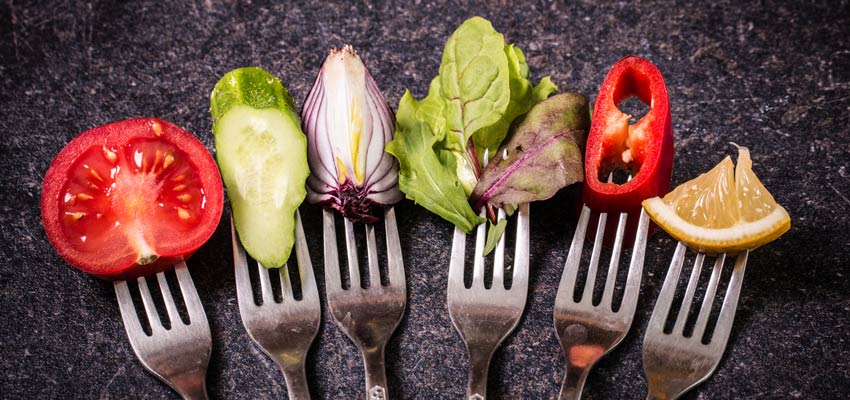The European food and drink industry (represented by FoodDrinkEurope) and the European vegan and vegetarian movement (represented by the European Vegetarian Union (EVU)) proposed a wording for a definition of requirements together, that need to be fulfilled to define “Food suitable for vegans” and “Food suitable for vegetarians” in accordance with Regulation (EU) No. 1169/2011
The food industry is developing a strongly growing range of food products that are claiming to be suitable for consumers who prefer vegan or vegetarian life-styles. The general idea of vegan and vegetarian foods seems obvious: no animal-derived products at all or at least no meat products. But, the interpretation of the stakeholders may become different, when it comes to look into details.
By Regulation (EU) 1169/2011, the European legislator requires the European Commission to issue an implementing act on voluntary food information “related to suitability of a food for vegetarians or vegans” (article 36 (3)(b)).
The joint position of both organizations published agreed on the following definitions, which shall now become the basis of the further discussions with the EU commissioner.
(1) Food suitable for vegans
Foods that are not products of animal origin and in which, at no stage of production and processing, use has been made of or the food has been supplemented with
- ingredients (including additives, carriers, flavorings and enzymes), or
- processing aids, or
- - substances which are not food additives but are used in the same way and with the same purpose as processing aids,
that are of animal origin.
(2) Food suitable for vegetarians
Foods which meet the requirements of paragraph 1 with the difference that in their production and processing
- Milk and dairy products,
- Colostrum,
- Eggs (No. 5 of Annex I to Regulation (EC) No. 853/2004),
- Honey (Annex I to Directive 2001/110/EC),
- Beeswax,
- Propolis, or
- Wool grease including lanolin derived from the wool of living sheep
or their components or derivatives may be added or used.
(3) A claim that a food is suitable for vegans or suitable for vegetarians is not precluded by unintended presence in the food of products which do not comply with the requirements of paragraphs 1 or 2, if and to the extent that this is unavoidable at any stage of production, processing and distribution, despite appropriate precautions being taken in compliance with good manufacturing practices.
(4) Paragraphs 1 to 3 shall apply accordingly if food information is provided which is synonymous with ‘food suitable for vegans’ or ‘food suitable for vegetarians’ from a consumer perspective.
(citation from : Document ID: 33951 issued by FDE and EVU)
From an analytical point of view we can state, that there are tools to check the absence of animal products in food, however as all analytical methods they also have methodological restrictions with respect to limits of detection or matrix restrictions. However we are prepared to support the confirmation of any such claims by analytical control and we also invest in the development of refinement of existing methods and development of new methods for a comprehensive food profiling as being active participant in a Huge EU research project
Read more:
https://www.agrolab.com/de/agrolab-radar-2016-october/1346-food-profiling-forschung.html
https://www.uni-hamburg.de/newsletter/oktober-2016/1-4-millionen-euro-fuer-food-profiling-forschungsprojekt-an-der-universitaet-hamburg.html
www.food-profiling.org

 LinkedIn
LinkedIn ALOOSTA
ALOOSTA Contact
Contact
 Contact
Contact Career
Career